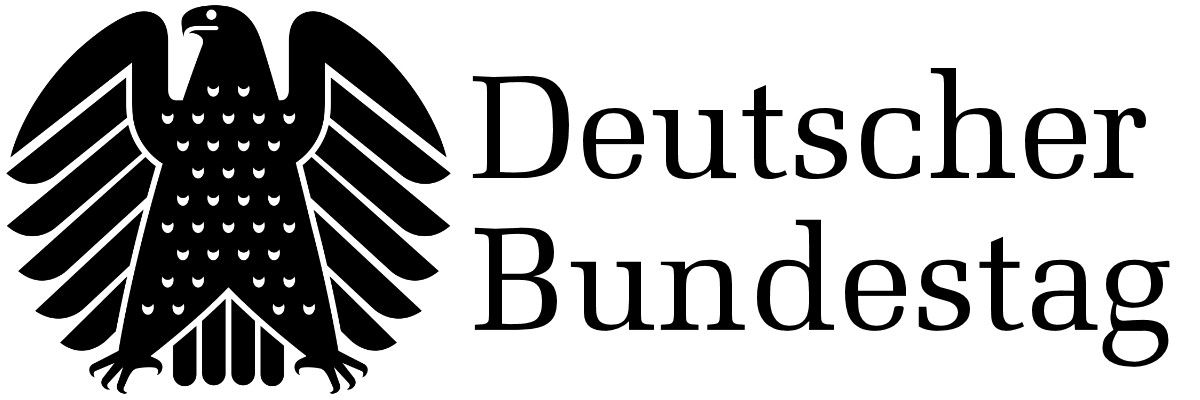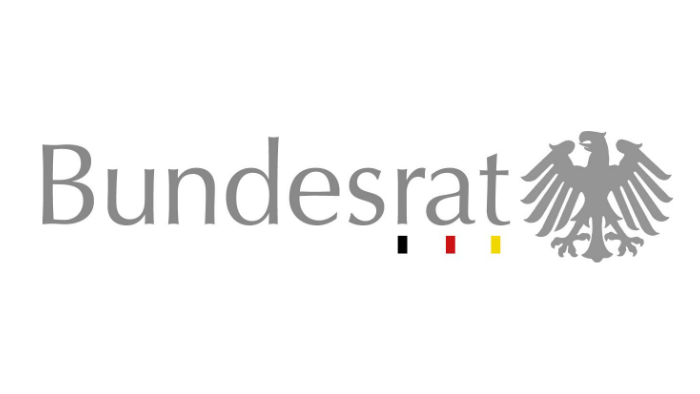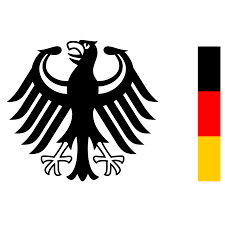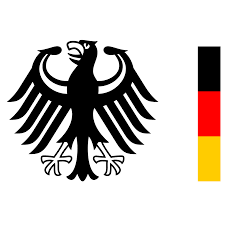Youth Policymaking in Germany
How does it work?
by Bertelsmann Foundation
In Germany the Federal Parliament (Bundestag), the Government and the Federal Council (Bundesrat) all have the right to introduce draft bills; however, the Bundestag is the first decision-making body. A proposed law needs to undergo a threefold reading process. During the first reading, the Bundestag discusses the general outline of it and the proposal is sent to an expert committee. In the second reading, the Bundestag discusses the expert committee's deliberations and can amend the bill before a final decision is taken after the third reading. Finally, laws are passed by a majority of votes cast and promulgated by the President after countersignature of the Federal Chancellor and competent Federal Ministers and promulgated in the Federal Law Gazette.
Which actor is responsible for the promulgation of the laws at the Federal level in Germany?
Institutions
Who are the actors involved and what role do they play? Click on an institution to learn more.

Federal Parliament (Bundestag)

Federal Council (Bundesrat)

Chancellor (Bundeskanzler*in)

Federal President (Bundespräsident)

Federal Ministry for Family Affairs, Senior Citizens, Women and Youth (BMFSFJ)
Policy Plans
Follow the path some policies took from draft to reality. Where did youth contribute?
Germany's National Youth Strategy
No national youth strategy developed jointly by the federal states (Länder) and authorities exists in Germany. However, there are individual youth strategies both at national level and in various regions and local communities that build on the notion of an Independent Youth Policy (Eigenständige Jugendpolitik). The federal states (Länder) and local authorities have their own action plans, known as youth plans (Jugendpläne).